Originally published in Something Is Going to Happen, the blog of Ellery Queen Mystery Magazine. My short story, “Uncaged,” will appear in the magazine next week.
My husband and I have lived in three neighborhoods since we moved to Paris 26 years ago. Each time we moved, we bought a 3X3 aerial photo of the new quartier from France’s geographic service, hung it on the wall and took a look.
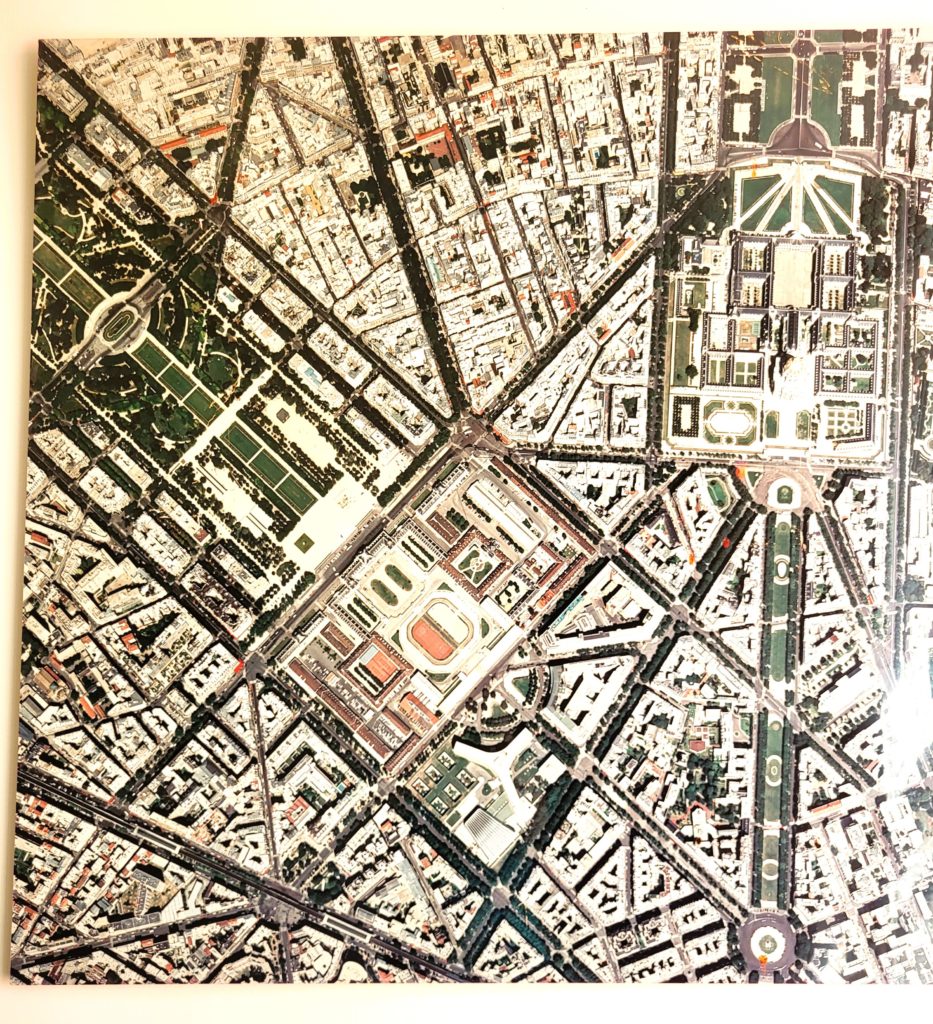
Initially, we focused on what we could see and recognize. The parks where we took the kids to play when they were little. The tourist spots, such the Musée d’Orsay or the Invalides. Our apartment building and the ones around us.
But there was so much in those photos that was hidden from the street. What was that huge garden in back of a government building across the avenue from us? Who knew the homeless shelter two blocks away had a verdant courtyard behind its walls? Was that a fountain behind the high gate that never seemed to be open?
Our experience was, and is, a constant reminder of how much more to Paris there is than what’s visible on the surface. As I began writing fiction, it also helped me realize why Paris is an ideal setting for a mystery: The real story is hidden behind layers of obscurity at best, deception at worst.
Secrets are a key part of any mystery, of course. But in France in general and Paris especially, secrecy is a public pastime. That’s true whether you are a long-timer or just got off the plane, whether you speak the language, and whether you are French or étranger (a word, by the way, that means both stranger AND foreigner.)
So much is hidden. Government buildings, even the parliament, the presidential palace and the ornate City Hall, are largely forbidden to the public. Only once a year, on a designated September weekend, can people queue for hours to see what their taxpayer dollars are paying for. That’s when they can see the incredible gardens, too.
A monument to the deportees of World War II is literally underground, a bunker-like structure behind Notre Dame, with only a small sign to mark it. A lane featuring some of the best street art in the city can be found only by heading uphill into the city’s Chinatown district, then making a sharp right. No signs. Stores mostly don’t post their opening hours on the door, and you have to click through innumerable times on a museum web site to learn what its weekly closing day is.
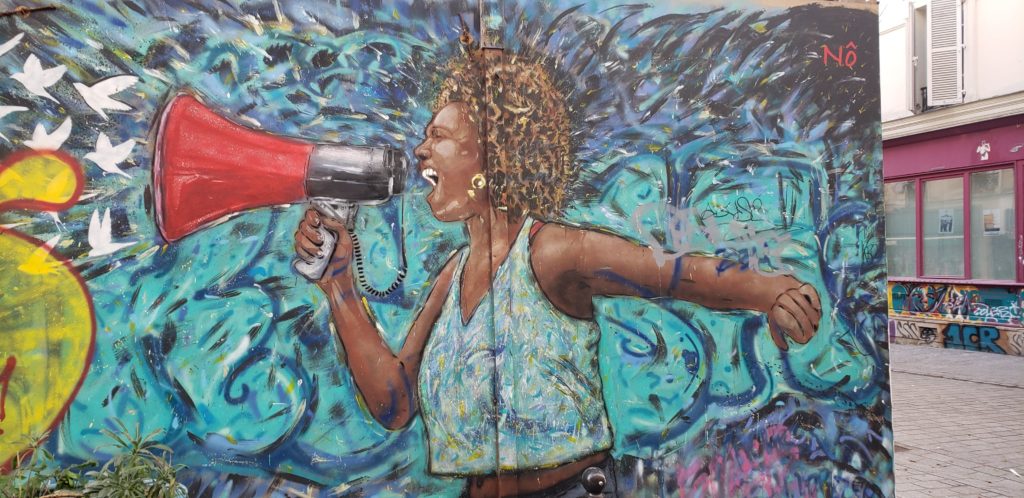
But it’s not just about what your eyeballs can see. It’s what people say, and don’t say. The French call it “le non-dit”—that which is left unsaid. I don’t think we have a word for that in the U.S., especially these days. We say too much.
You can attend a dinner party in Paris and come away with no idea who the other guests were, except that they have very interesting ideas about the latest film or 18th-century hunting paintings. No one ever reveals their occupation.
Your waiter does not want to know if you are having a nice day or still “working” on your dinner, and the proprietor of that delicious bakery or cheese store cares only that you greet them with a proper “Bonjour” upon entering, not what you think of the croissants or the Camembert.
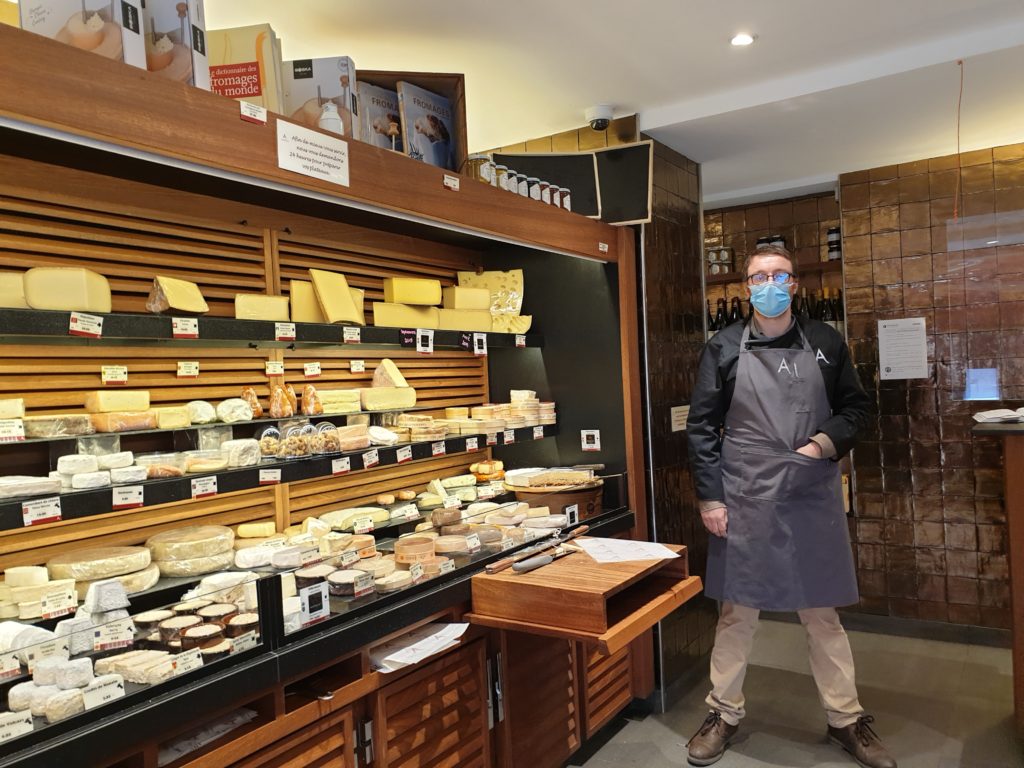
The codes are often unspoken, at least to non-natives. You may think you know the rules to get along and then discover you read the operating manual all wrong. Invited to a dinner at the home of French friends, you show up at the appointed hour of 8:30 p.m.—to find the hostess drying her hair and the host still in jeans. The French guests all turn up half an hour later.
Until a few years ago, politicians, almost all of them male, could carry on affairs with impunity, even with underage women. They were left alone by the press on the grounds that everyone has a right to a “secret garden.” Francois Mitterrand, president in the 1980s, raised a second family with the full knowledge of the political and journalistic elite, but not a word appeared in public until he died.
“Knowledge is power,” Thomas Jefferson often said. In France, it’s the other way around: Power comes from withholding knowledge. The public deserves to know as little as possible. The government, for instance, does not record statistics about minorities. There are no figures on the country’s black population, or Muslims. It makes it rather difficult to keep records of racial discrimination in, say, employment.
There are whole categories of people, too, who hide in plain sight. Prostitutes in the Bois de Boulogne, a huge park west of the city, offer their services along the principal avenue even in daytime. Most of them are from eastern European countries, and not all knew what they were getting into when they arrived here. Not far from them is the Polo de Paris, an exclusive club hidden behind high hedges, where the wealthy lunch at tables next to the field and gossip between chukkers.
Have you ever visited the Eiffel Tower and noticed the dark-skinned souvenir vendors? They stand by the blankets that display their wares, hawking tinny version of the real thing and keeping an eye out for the cops in case they need to grab their blankets and run.
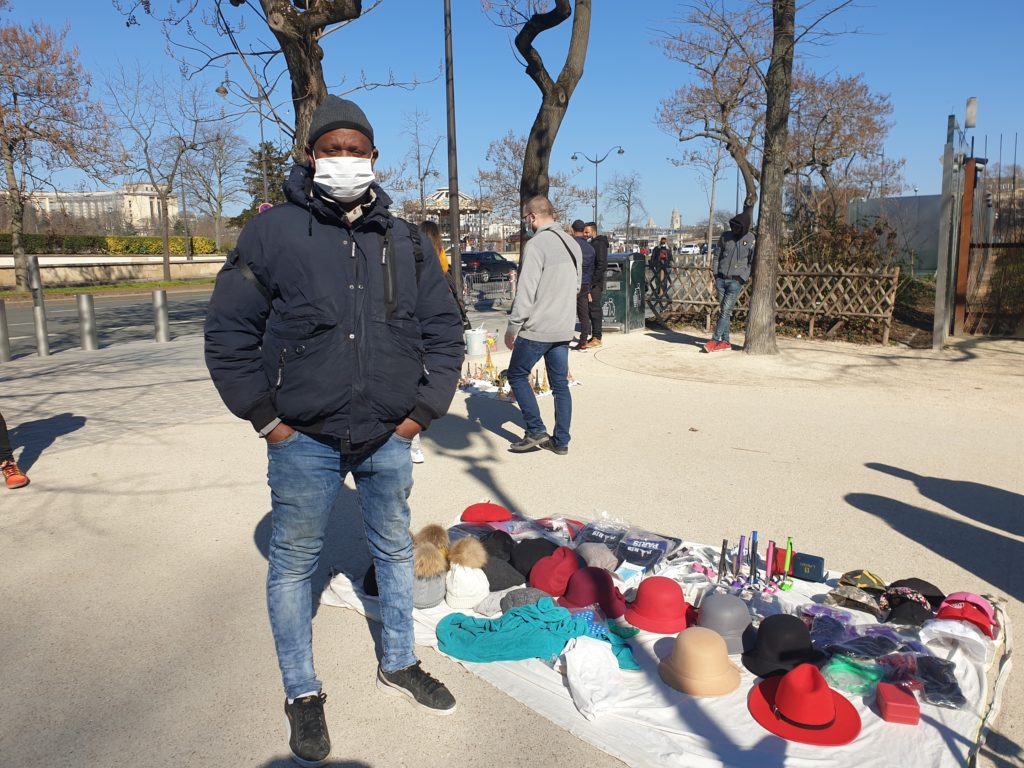
I’ve talked to them. They come from real countries—Cameroon, Ivory Coast, Togo, Senegal—and have real stories. So does the one-man band who plays his instruments just outside the Tuileries park as tourists drop coins into his upturned hat. Have you ever ridden a public Métro or bus in Paris and wondered how the driver can bear to ply the same route every day? I can assure you, very few in Paris have asked themselves that question.
Whole neighborhoods in Paris are secrets, too, except, mostly, for those who live there. They boast vibrant street art, fantastic Ethiopian and Afghan restaurants, incredibly cheap open-air markets selling halal meat and very tacky discount stores with amazing bargains. I don’t see a lot of foreign tourists there.
And these ethnic quartiers are just as French as the Champs-Élysées. Walking through the Goutte d’Or (Drop of Gold) area in northeastern Paris with some friends a couple of years ago, I approached a Black vendor and asked the price of his papayas.
He reared back.
“Madame!” he snapped. “You didn’t say ‘Bonjour.’” Fair enough. I did, and then bought a couple of papayas.
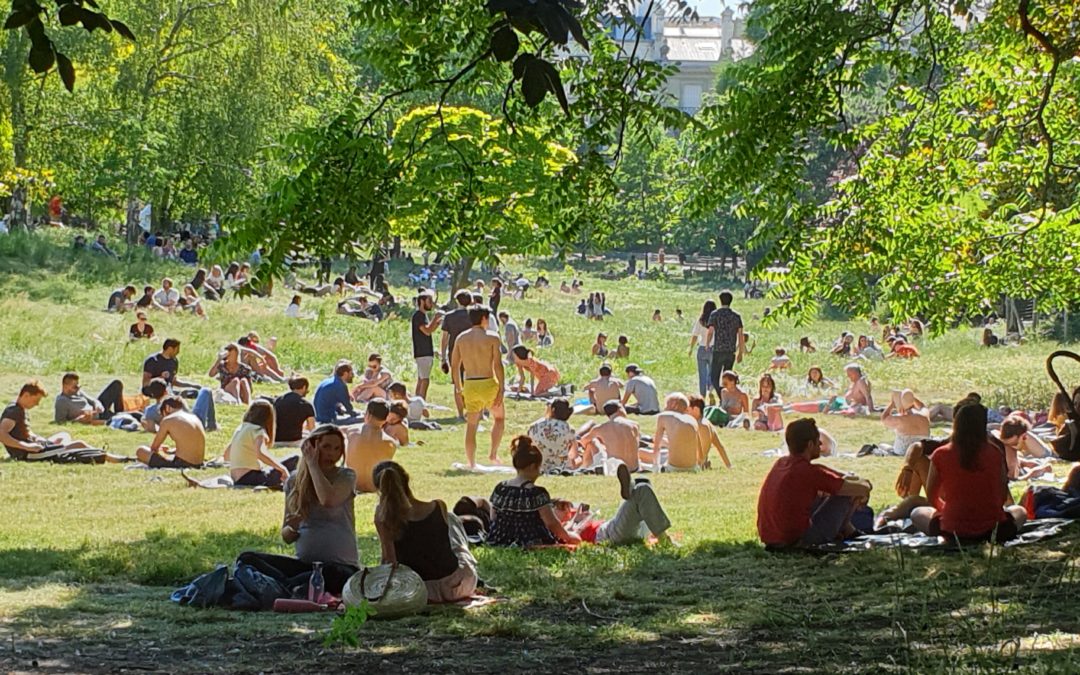
Fascinating, Anne!
Thanks, Ginger!
Interesting
Thank you for writing these superb essays.
Thanks so much!
Wholly on the mark. Any resident (even a long past resident) recognizes, with an involuntary nod and shudder, the mysteries of dinner guests, regardless of the host. Any resident recognizes, and perhaps finds slightly disheartening, the permanently circumscribed limits of interactions of a quartier’s merchants. It took me at least a year to realize that my inability to engage my boulanger or marchand de fromage had nothing to do with my behavior or my accent. Those warmly familiar individuals would forever be inaccessible.
Thanks, Robert! We should take comfort, I suppose, in the fact that they are inaccessible, or at least are the same degree of accessible, to everyone.
What a wonderful piece of writing and I might say journalism because it has the pulse and texture of reportage. And so creative to include in plain sight the picture of a modern park scene that at first gave me a sense of being with Seurat at La Grand Jatte.
I think you skillfully addressed the presence of two audiences. One the stranger such as I am to Paris (in a few minutes I learned more about the city than immersed for hours in a tour book) and two, I’m pretty sure your Parisian neighbors who, in their way, also need to learn about Paris.
Overall, the concept of what’s on the surface and what’s hidden, what’s said and what’s undeclared are basic to good fiction whether it be a P. D. James mystery or a Henry James novel. Isabel Archer taught me that decades ago.
By the way, in Hebrew there is only one word (zar) for stranger and for foreigner. A teacher once explained that it was due to the tribal nature of biblical society where you either knew your neighbor or the stranger was a foreigner. Interestingly, this lack of distinction carried over to Yiddish where Jews in the diaspora were locked away in ghettoes or shtetls and lived the same experience.
Thank you so much for these wise words!
It’s fascinating to think of the stories tucked away, only brought out at special moments if ever at all.
Our story was a short one, Anne. A plane flight to Paris with an adorable baby to entertain us. I did make my connection to Valencia, phew!
BTW, our next door neighbors back in the ’60s and early ’70s were the Truehearts! If your spouse has any ties to Dunn Loring, VA, USA, that would be truly something! Quite a long shot!
Hello Kendra, I’m so glad you made your connection! And that you enjoyed the post, I’ve sent you an email about the Trueheart link.